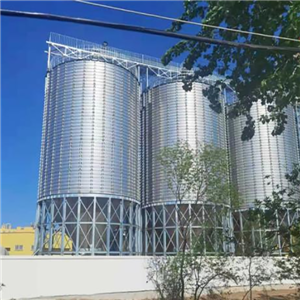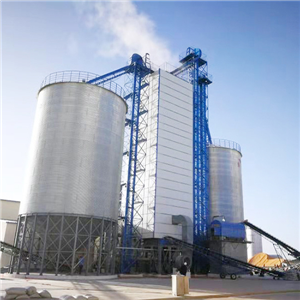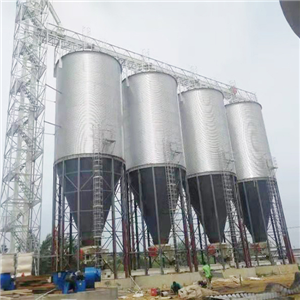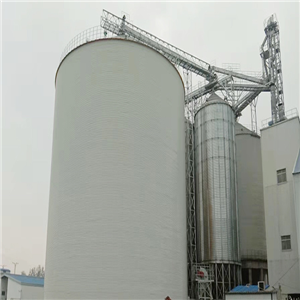Surprising Facts About Beans You Might Not Know
25-09-2025
From creamy hummus spread on toast to hearty black beans in chili, and tender mung bean soup on a hot day—beans are everywhere in our daily meals. They’re affordable, easy to cook, and packed with goodness, but how much do you really know about these small yet mighty ingredients? Beyond being a "filler" in dishes, beans have a rich variety of types, unique nutritional benefits, and even some interesting cooking tricks. Let’s dive into the world of beans.
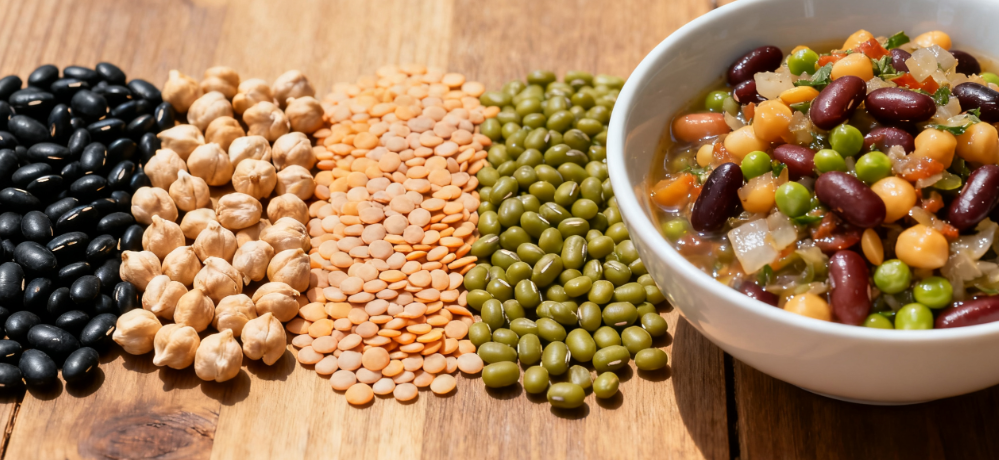
Beans Are More Diverse Than You Think—Each Has Its Own "Personality"
When we say "beans," most people might only think of a few common kinds, but the bean family is far more varied. Each type has its own texture, flavor, and best uses in cooking.
Take black beans as an example. With their dark, shiny skin and creamy white flesh, they hold their shape well when cooked—perfect for adding to tacos, burritos, or hearty stews. They have a mild, earthy flavor that pairs well with spices like cumin and chili powder. Then there are chickpeas (also called garbanzo beans): round and nutty, they’re the star of hummus, roasted chickpea snacks, and Middle Eastern dishes like falafel. Their firm texture makes them great for both savory and sweet recipes (yes, you can even use them in cookies!).
Mung beans are a favorite in many Asian cuisines. Small and green, they cook quickly—simmer them for 20 minutes, and they turn soft, making them ideal for sweet soups (like mung bean congee) or savory side dishes. Lentils are another popular choice: they come in brown, green, and red varieties, and they don’t need to be soaked before cooking. Red lentils cook down to a creamy consistency, perfect for curries, while green lentils stay firm, great for salads. Even soybeans—the source of tofu, soy milk, and edamame—are part of the bean family, showing just how versatile beans can be.
Why Beans Are Called "Nutrition Powerhouses"? It’s All in the Nutrients
Beans have earned the title of "nutrition powerhouse" for good reason—they’re loaded with nutrients that are great for your body, and they’re suitable for almost all diets.
First, beans are an excellent source of plant-based protein. A cup of cooked black beans has about 15 grams of protein—enough to replace a small portion of meat in a meal. This makes them a go-to food for vegetarians, vegans, or anyone looking to cut back on meat. They’re also packed with fiber: the same cup of black beans has over 15 grams of fiber, which helps keep your digestion smooth and keeps you full longer (say goodbye to mid-afternoon hunger pangs!).
Additionally, beans are rich in vitamins and minerals like iron, potassium, and folate. Iron is important for carrying oxygen in your blood, potassium helps regulate blood pressure, and folate is essential for healthy cell growth—especially important for pregnant people. Best of all, beans are low in fat and cholesterol-free, making them a heart-healthy choice.
Cooking and Storing Beans: Small Tips for Better Taste
Cooking beans might seem simple, but a few small tricks can make them taste better and easier to digest. For most dried beans (like black beans or chickpeas), soaking them overnight is a good idea—it softens the beans, shortens cooking time, and reduces the "gassy" feeling some people get after eating beans. If you’re in a hurry, you can also use the "quick soak" method: boil the beans for 10 minutes, then let them sit for an hour.
When cooking, avoid adding salt or acidic ingredients (like tomatoes or vinegar) too early—these can make the beans tough. Instead, add them towards the end of cooking. As for storage, dried beans are easy to keep: just put them in an airtight container and store them in a cool, dry place (like a pantry). They can last for up to a year this way. Cooked beans can be stored in the fridge for 3-4 days or frozen in portion sizes for up to 6 months—perfect for quick meals on busy days.
Liaoning Qiushi: Protecting Bean Quality with Professional Storage Solutions
For large-scale bean storage—such as for farms, food processing plants, or grain depots—proper storage is crucial to keep beans fresh, prevent mold or pests, and preserve their nutrients. As a leader in grain and legume storage solutions, Liaoning Qiushi Silo Equipment Engineering Co., Ltd. (Liaoning Qiushi) offers customized services tailored to the unique needs of bean storage.
Beans are sensitive to moisture and temperature—too much humidity can make them moldy, while high temperatures can cause nutrient loss. Liaoning Qiushi’s "intelligent moisture-controlled silos" use advanced sensors to monitor humidity levels in real time, keeping the environment dry and stable. Their low-temperature storage systems also help maintain the beans’ freshness and nutritional value, even during long-term storage. For pests (a common problem with beans), the company’s nitrogen-controlled atmosphere technology keeps beans pest-free without using harmful chemicals—ensuring the beans stay safe and natural.
Whether you’re storing large quantities of dried beans for processing or fresh-cooked beans for distribution, Liaoning Qiushi’s solutions ensure your beans stay high-quality. To learn more about our bean storage services or discuss cooperation, visit our official website at www.qssilo.com or contact our team via email at sales@qssilo.com.

